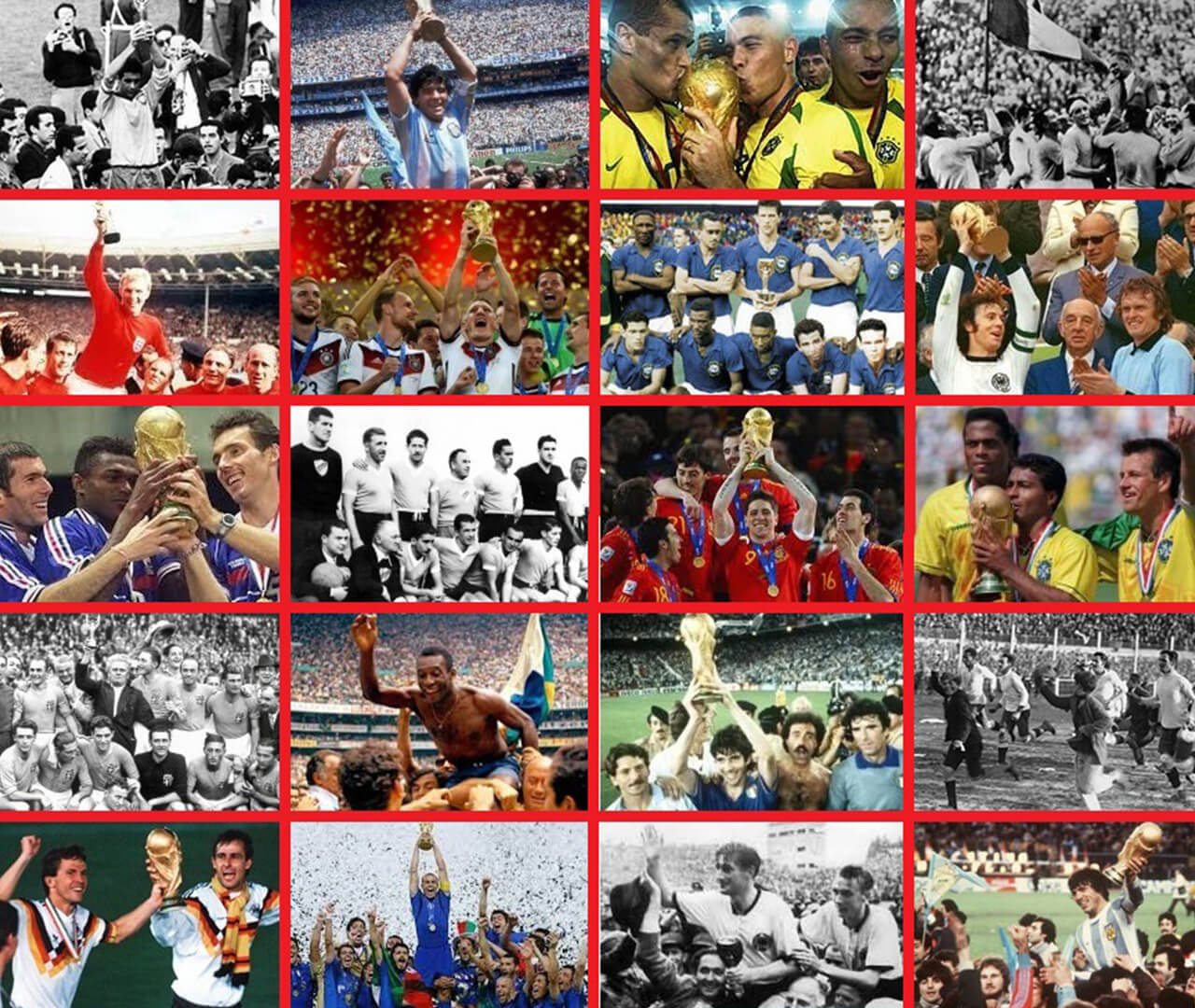The FIFA World Cup is upon us once again! People around the world will come together to cheer on their respective countries. But the World Cup is more than just a sporting event. It’s a cultural phenomenon that has a way of uniting people from all corners of the globe around great storylines.
The tournament dates back to 1930, when it was first held in Uruguay. At the time, international soccer was a relatively new phenomenon; most countries only played matches against teams within their own continent. However, thanks to advances in travel and communications, such as the radio and the telegraph, countries from all over the world were able to hear stories about one another’s teams and follow along with match results. The first World Cup was thus a landmark event in terms of global storytelling; it brought people together with amazing stories of victory and defeat, personal achievements and team triumphs, international adversaries and global allies.
For the next month, the world will be enthralled by the greatest soccer players on the planet as they compete for the ultimate prize. But the World Cup is about more than just soccer; it’s also about great storytelling. From its humble beginnings, as a tournament limited to teams from within one continent, to its current status as an event that is broadcast to millions of people around the world, the World Cup is filled with amazing stories.
Think about it: what makes a great soccer match? It’s not just the action on the field; it’s also the storylines that emerge over the course of 90 minutes (or more). A great match has conflict and suspense, protagonists and antagonists, rises and falls. In short, a great match is a great story.
And that’s what makes the World Cup so special. Unlike other sporting events, the World Cup tells stories that transcend nationality and language. We root for our home teams, of course, but we also find ourselves invested in the stories of other nations. We follow underdogs as they try to upset powerhouses, we watch as aging legends take their final bows, and we marvel at young stars who score goals that make us believe anything is possible.
In 1950, the World Cup final was broadcast on television for the very first time. This brought the passion and the excitement of the many international stories to millions of people around the world. In more recent years, advances in streaming technology have made it possible to bring these stories to everyone anywhere in the world. This means that even if you can’t make it to the tournament, you’re still privy to all of the amazing stories that emerge around this global spectacle.
Today these stories are told instantly over a myriad of emerging technology. Social media platforms like Twitter and Facebook have given fans a voice like never before. Now, people from all over the world can share their thoughts and opinions about their favorite team or player with others who share their passion. These platforms have also given rise to new forms of fan engagement, such as live-tweeting games or participating in online polls. The World Cup is truly a global phenomenon whose storylines are bringing people together from all corners of the world.
But what makes the World Cup such a fertile ground for storytelling? Let’s take a look.
1) The World Cup is a truly global event.
No matter where you are in the world, chances are you’ll be able to find someone who is interested in talking about the World Cup. Whether it’s following your country’s team, debating who will win, or just enjoying the atmosphere of the tournament, the World Cup brings people together from all corners of the globe.
2) The World Cup is full of emotion.
For many people, soccer is more than just a game – it’s a way of life. And with that comes a whole host of emotions that can be tapped into during the World Cup. From the elation of watching your team score a goal to the anguish of seeing them concede one, there’s no shortage of stories to be told about how the World Cup makes people feel.
3) The World Cup is unpredictable.
One of the great things about sports is that you never quite know what’s going to happen next. Will an underdog team spring a surprise? Will a star player have an off day? With so many variables at play, there are always plenty of surprises in store during a World Cup tournament. And that unpredictability is something that makes for great stories.
The World Cup provides brands and businesses all over the world a chance to capitalize on the amazing storytelling opportunities that exist on one of the biggest stages imaginable. With an estimated 3.2 billion people tuning in to watch at least one minute of the tournament, there’s no shortage of potential audience members. Just remember that everyone from the biggest brands in the world to the smallest countries is looking to tell a story around the world’s most popular sporting event.




